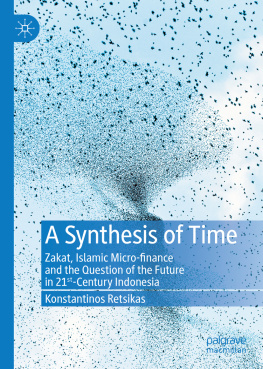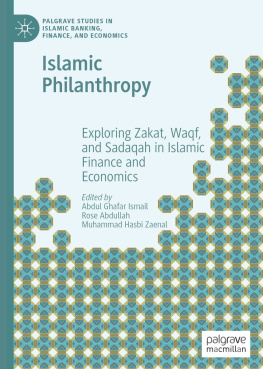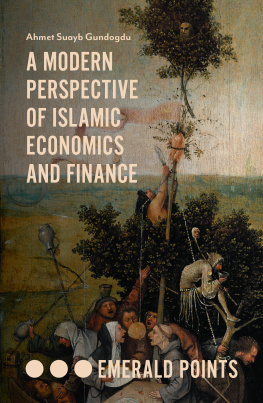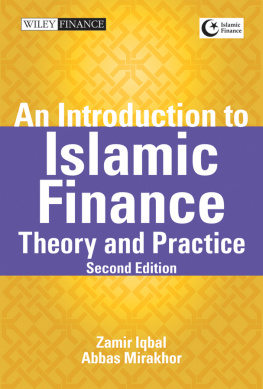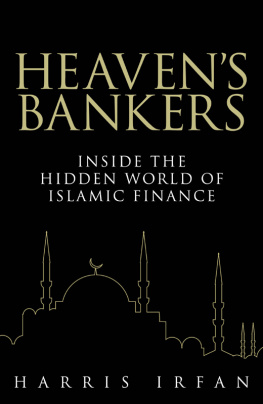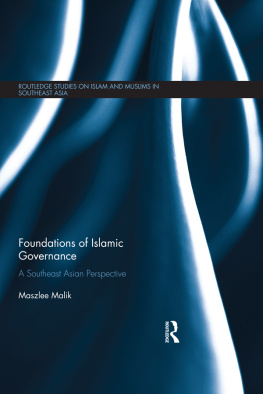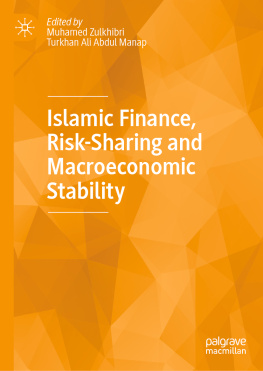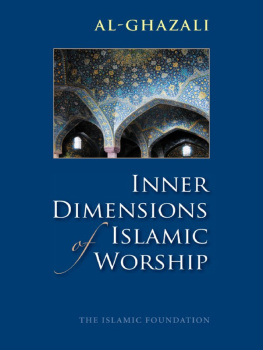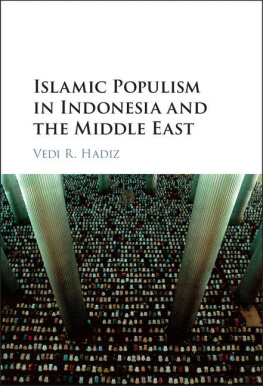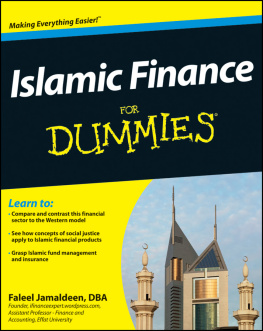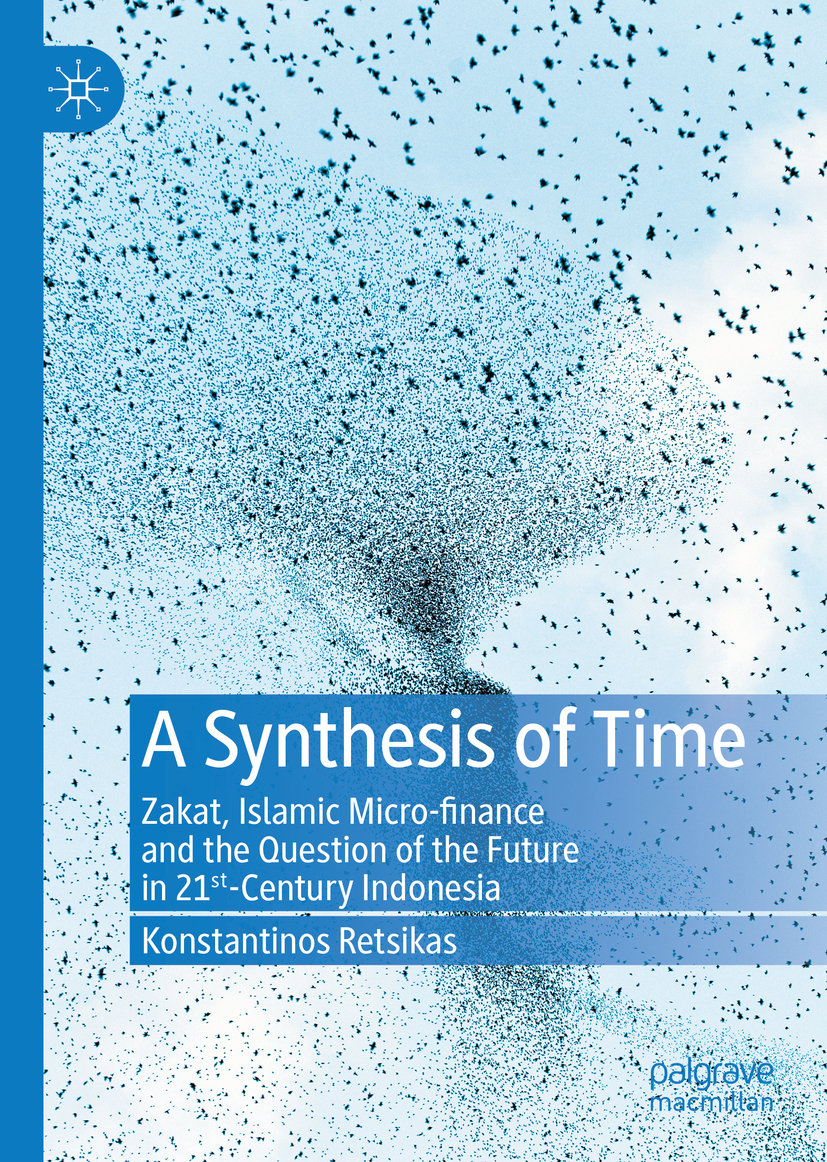Konstantinos Retsikas
Department of Anthropology & Sociology, SOAS University of London, London, UK
ISBN 978-3-030-34932-5 e-ISBN 978-3-030-34933-2
https://doi.org/10.1007/978-3-030-34933-2
The Editor(s) (if applicable) and The Author(s), under exclusive license to Springer Nature Switzerland AG 2020
This work is subject to copyright. All rights are solely and exclusively licensed by the Publisher, whether the whole or part of the material is concerned, specifically the rights of translation, reprinting, reuse of illustrations, recitation, broadcasting, reproduction on microfilms or in any other physical way, and transmission or information storage and retrieval, electronic adaptation, computer software, or by similar or dissimilar methodology now known or hereafter developed.
The use of general descriptive names, registered names, trademarks, service marks, etc. in this publication does not imply, even in the absence of a specific statement, that such names are exempt from the relevant protective laws and regulations and therefore free for general use.
The publisher, the authors and the editors are safe to assume that the advice and information in this book are believed to be true and accurate at the date of publication. Neither the publisher nor the authors or the editors give a warranty, expressed or implied, with respect to the material contained herein or for any errors or omissions that may have been made. The publisher remains neutral with regard to jurisdictional claims in published maps and institutional affiliations.
Cover illustration: Mike Hill / Photographers Choice RF / Getty Images
This Palgrave Macmillan imprint is published by the registered company Springer Nature Switzerland AG.
The registered company address is: Gewerbestrasse 11, 6330 Cham, Switzerland
Acknowledgements
Research for this book has been supported by a variety of institutions and individuals both in Indonesia and in the UK. I would like to begin by thanking the Economic and Social Research Council (ESRC) for a three-year grant (RES- 062-23-2639) that provided the initial opportunity to carry out fieldwork in Indonesia for twelve months, from September 2011 to September 2012. The writing of this book was further supported by a British Academy Mid-Career Fellowship (20182019). I would like to extend my gratitude to the British Academy for assisting the delivery of such an unconventional project, especially at a time when EU citizens place such as myself in the UK remains uncertain.
In Indonesia, I have had the privilege of collaborating with an array of individuals and organisations both scholarly and active in the field of Islamic welfare provision, in the cities of Surabaya and Jakarta. I am deeply indebted to them for their generosity, hospitality and assistance in seeing this project through. In Surabaya, I relied heavily on support byUniversitas Airlangga. Tri Joko Sri Haryono and I. Basis Susilo of the Faculty of Social and Political Studies facilitated the acquisition of necessary research permits, while Dr Nur Welan of the Faculty of Humanities was instrumental in introducing me to key people. At the same time, Dr Muhamad Nafik Hadi Ryandono and Dr Imron Mawardi of the Faculty of Economy and Business shared with me on multiple occasions their knowledge and insights into Islamic economics and the potential forzakatto alleviate poverty. In Jakarta,Universitas Islam Negeri(UIN)Syarif Hidayatullah Jakartakindly sponsored my research, providing facilities and concrete assistance to that effect. Dr Amelia Fauzia has been a source of enduring assistance and a long-term interlocutor. The same goes for Prof Arskal Salim, Prof Irfan Abubakar of the Centre for the Study of Religion and Culture, Prof Amin Summa and Dr Asep Saepudin Jahar of the Faculty of Syariah and Law. In 2018, during a short-term visit, I was able to briefly rejoin the intellectual atmosphere at UIN and update myself on developments that had taken place during my absence.
The greatest generosity, assistance and encouragement have however come from people involved in some capacity or another with the three specific zakat management bodies I came to be most deeply involved with in the course of my research. Since in this book I refer to these organisations and to specific individuals indirectly only, through the use of pseudonyms to avoid bringing unwanted attention and unwelcomed scrutiny to their activities and programmes, I take the liberty here to mention them with their real names. It is a tremendous sense of obligation I owe to Abdul Kadir Baraja, Jauhari Sani, Khoirul Anam, M. Machsun, Kamil Muchtar, Guritno, Menik Soejitno, Atik Ramadhan, M. Adb. Kohar, KH Muammal Hamidy, Dr Muhammad Usman, Ismail Said, Arifin Purwakananta, Erie Sudewo, Muhammad Shufyan Bahri, Ali Yasin, Ulul Awalia, Suprapti, Herdiansah, Nina Mintarti, Arif Rahmadi, Nur Efendi, Ronio Romantika, Rizki Hidayat, Pras Purworo, Rio Ferdian Hudiyanto, Rusdi Saleh Koto and Eko Setiaji. May this book prove of value to your undertaking! The most significant input however has come from Shohib Essir and Muhtar Tajuddin, especially as our relationship quickly developed from research assistantship to mutual respect and long-term friendship.
I would also like to extend my thanks to Prof Didin Hafidhuddin, Achmad Subianto, Mohammad Siddik and Tito Kurniawan for the interest they took in my research and for sharing with me critical aspects of Indonesias future direction in zakat affairs. I am also grateful to KH Ali Mustofa Yaqub, KH Adburrahman Nafis, KH Abdusshomad Buchori, Ismail Nachu, Wildatul Akmala and Siti Aisah for enriching my research with their example and practice, both intellectual and hands-on.
Thanks are due to the publishers and editors of the following journals for allowing me to use parts of already published materials. Sections of Chap.is based on reworkings of The Other Side of the Gift: Soliciting in Java (Heidelberg Ethnology, Occasional Paper No. 4). I would like to thank Taylor & Francis, Edinburgh University Press and SOAS University of London for their assistance with the necessary permits.

